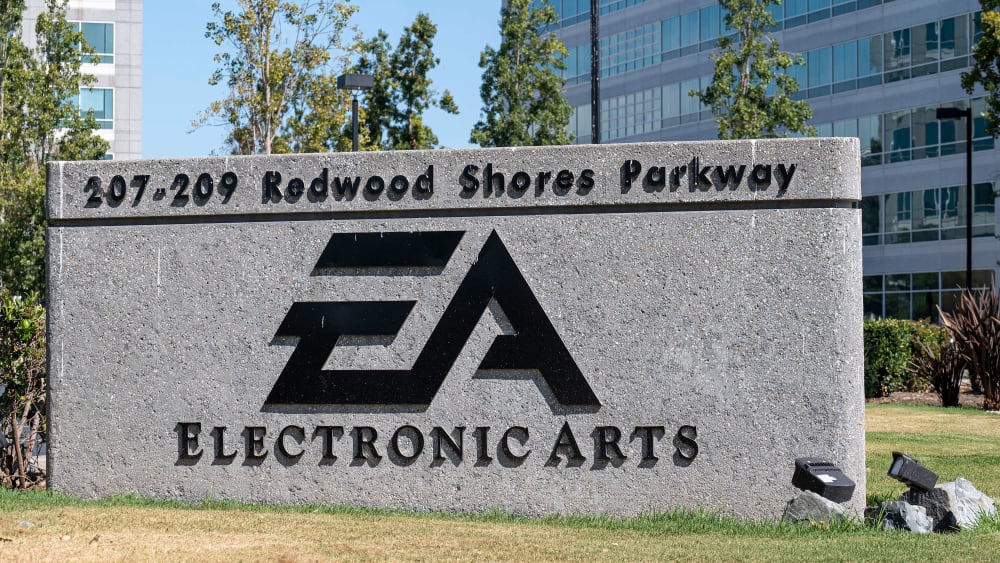The Supreme Administrative Court of the Netherlands has upheld EA’s appeal against the 2020 FUT gambling ruling and associated sanctions.
As early as October 2019, the Dutch gambling regulator (KSA) had fined the FIFA developer €250,000 for each additional week that FIFA Points were used to purchase FIFA Ultimate Team (FUT) packs via real money in the Netherlands – up to a maximum fine of €5 million.
As the sanction was directed at both a Swiss subsidiary of EA and the parent company, the sentence doubled – ten million euros were at stake. After EA’s complaint, the measure was confirmed and judicially decided about a year later by the District Court of The Hague.
The Hague judgement overturned by higher court
Again, a year and a half later, this ruling has been overturned on appeal by the developer: The Dutch Raad van State – the highest national administrative court – revised the decision on Wednesday. The pack practice in FUT is not gambling that requires a licence, EA therefore does not have to pay.
The KSA’s argumentation had been based primarily on two pillars: The purchase and opening of packs is “a separate game”, as no packs can be opened during the actual core activity – the playing of virtual football matches.
In addition, there is a significant external black market for FUT items, which carries the problem outside the closed FIFA cosmos into the real world and the real economy. Both lines of argumentation were refuted by EA, and the Raad van State ruled in favour of the billion-dollar corporation.
“Packs and content are not an end in themselves “
The Supreme Administrative Court focused on the big picture, saying the absolute majority of packs could only be opened through gameplay – which is based on skill. Furthermore, according to Raad van State, the packs are only meant to be used for playing the game. “The packs and their contents are not an end in themselves” is what the ruling says.
The KSA apparently failed to prove otherwise. It is undisputed that the FUT mode is a game of skill – the packs are merely intended to add an element of luck or chance to it. Moreover, the Administrative Court attributed a “multi-purpose function” to the packs.
First, they are supposed to simulate the uncertainty that occurs when assembling a real football team. Second, they supposedly ensure “that there is not an infinite or unrealistic amount of top players in the game’s ecosystem”. Thirdly, they are said to make the game “more sustainable” through the ever-growing diversity of content.
Decision with a big signal effect?
On the second pillar of the KSA’s argument, EA – and ultimately Raad van State – argued that the “tradability of the packs on the black market is relative”. The external black market, they said, is mainly focused on trading complete accounts, rather than individual packs or content.
It is a hard blow for all those who have been fighting against the gambling mechanisms in Ultimate Team for years. The ruling of the Raad van State could have a signal effect for future legal disputes and only further strengthen EA in its uncompromising profit-oriented as well as FUT-centric approach.





